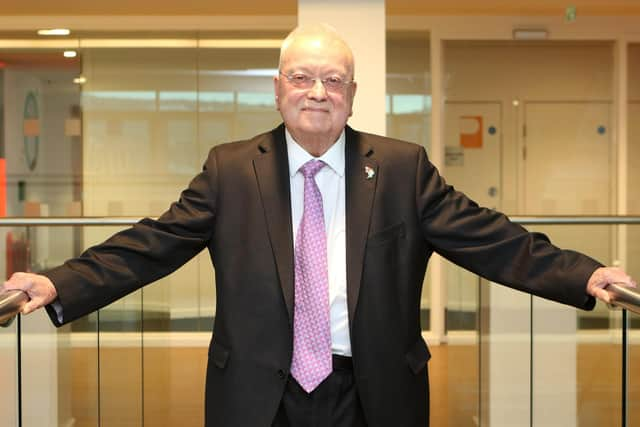Will we have to learn to live with Covid-19 like we do the flu?


The fact this widespread discipline has not been achieved is difficult to understand.
There has always been an element in our population who feel it will not happen to them, or even recognise it’s dangers.
Advertisement
Hide AdAdvertisement
Hide AdThis will become even more serious if the long-awaited vaccine does not arrive, or only gives limited immunity.
So, if we have effectively have to live with coronavirus like we do with flu etc., then it will cause all of us to reflect how we work, live and be at leisure in the future.
Many of us have accepted restrictions in the belief it is a short-term inconvenience and a future vaccine will be the magic bullet that will bring us all future relief.
It will be a totally different situation if we have to have permanent precautions in place, like those that currently apply in areas with deadly tropical diseases.
Advertisement
Hide AdAdvertisement
Hide AdIt will be a sobering thought if social distancing, hand hygiene and the wearing of masks have to become embedded in our daily lives, like the use of mosquito nets in areas where malaria is prevalent.
If coronavirus could not be eradicated, clearly it would have enormous challenges for our economy and not least our health services.
As individuals, we would have to take more responsibility for keeping safe and also to improve our own health, by taking appropriate exercise, ensuring good nutrition and following recommended measures to reduce incidence of coronavirus.
Organisations would have to consider if the temporary arrangements that operated during the first lockdown would have to become more permanent.
Advertisement
Hide AdAdvertisement
Hide AdIt would be challenging for education too, as there would need to be more investment in remote devices, as this would be a much-needed contingency if schools had to revert more to home learning.
Holidays would be more problematical, if the devolved administrations applied their own restrictions in addition to international ones too.
Because, of course, if vaccines did not materialise all countries would have to refine their own measures to contain the spread of coronavirus, while trying to mitigate damage to their economies.
All this is unthinkable, so we hope a vaccine does arrive, but we have to prepare for worst and hope for best. In the short term, there is no alternative to keeping our distance, hand hygiene and wearing masks.